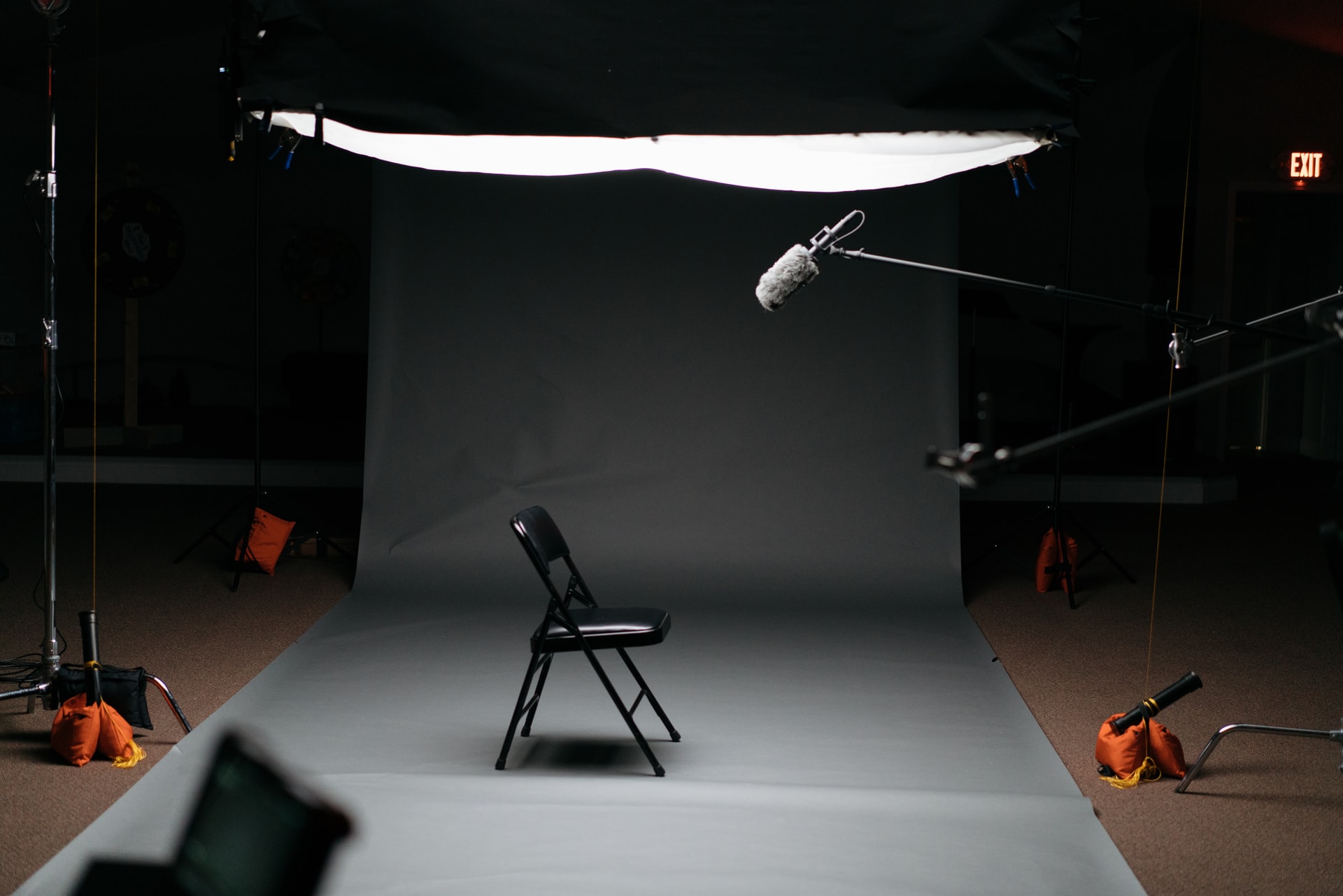 Photo by Keagan Henman on Unsplash
Photo by Keagan Henman on UnsplashAuthentic Learning Experiences
Table of Contents
Great Schools Partnership (2013), creator of The Glossary of Educational Reform, define authentic learning as referring “to a wide variety of educational and instructional techniques focused on connecting what students are taught in school to real-world issues, problems, and applications. The basic idea is that students are more likely to be interested in what they are learning, more motivated to learn new concepts and skills, and better prepared to succeed in college, careers, and adulthood if what they are learning mirrors real-life contexts, equips them with practical and useful skills, and addresses topics that are relevant and applicable to their lives outside of school.” During the activities within the cycle on Authentic Learning, I believe we did that. We created our learning artifacts, such as collaborative entries on a Padtlet wall to share authentic learning examples and utilize Flipgrid to share our reflections of the activities and readings. Thus we were learning technology integration through practice and by doing. In educational technology, we need to explore the possibilities of the different forms of collaborative platforms available and temper our excitement through evaluating these resources for privacy, accessibility, and data security. However, exploring and tinkering with these technologies will help us better connect with our learners and help prepare them for practical skills within the job market.
Podcasts, social media video production, and effectively and courteously communicating on social media are examples where our learners may already have skills they are developing. These skills apply to multimedia production, graphic arts, and other creative or knowledge-work jobs. Admittedly, they are the ones I marvel at and want to hone my skills. So for an authentic learning experience of choice, I published a podcast episode for EdTech Ramblings. In this podcast episode, I reflect on the EdTech Radio podcast episode Education Technology: Distraction or Attraction? Changing Views, hosted by Tom Whitby with Nancy Blair co-hosting an interview with their guest Katrina Spicer-Lindquist. They were speaking in response to an EdChat about the adoption of educational technology within the classroom and what barriers may hold educators back from integrating technology within their classrooms. The three gave their impressions from the point of support that educational technology, if integrated intentionally with the lessons, will not cause distractions for most students. However, it discussed that educators might be hesitant either by losing classroom control or not being a technology expert.
The experience taught me that it was pretty easy to create a podcast. However, I also learned I need a better microphone for recording audio. There are so many podcasts available on the web today, so having an audio submission like a podcast for online activities could be an avenue to allow learners to show off their creativity and align with the learning objectives. I do not find technology a distraction when it intentionally aligns with learning objectives and provides additional rigor or creativity. I hope you enjoy the episode.
Podcast: EdTech Ramblings by Steven Bianco
Transcripts
Review: Education Technology: Distraction or Attraction? Changing Views.
Hello, this is Steven Bianco, and welcome to my EdTech podcast. For this episode, I listened to Education Technology: Distraction or Attraction? Changing Views, hosted by Tom Whitby and Nancy Blair interviewing their guest Katrina Spicer-Lindquist. Katrina was speaking about her experiences of integrating technology in her rural Western Massachusetts day and boarding school. While Katrina was making strides in integrating an Apple TV paired with iPads in her classroom and successfully flipping her ninth-grade history class, many of the other faculty were not yet on board with deep integration of technology within their classroom settings. The three discussed the issues for the hesitation in adopting technology. Tom pointed out that education as an institution is very conservative and slow to change. Nancy mentioned that many educators might want tight control over their students and classrooms. Finally, Katrina mentioned that it is possible that there is a fear of the unknown.
In listening to these opinions, I can agree. Katrina mentioned that technology requires a fair amount of front-loading to integrate into lessons and classroom settings. When technology is not engrained within the curriculum, it has the potential of being a distraction. We will make mistakes within our technology integrations, we are human, but we must be mindful that our students are going to be accessing technology that is presently inconceivable and in jobs that do not yet exist. We must teach students to be excited and agile with technology and learn how to learn. This is an essential skill to remain relevant in the future workplace. Employers will be more apt to hire someone with the drive to self-teach while also thinking outside of the box. In my workshops and training opportunities, I try to highlight the capabilities of software solutions. However, I also show that I do not know everything, but I am willing to learn with them one-on-one.
Overall, we must be willing to loosen our grip and embrace the changes technology brings. While we must consider the privacy, security, and accessibility of our tech and apps there is room to learn, we do not need to be experts. Thank you for listening.
References
Great Schools Partnership. (2013, September 16). Authentic learning. The Glossary of Educational Reform. Attribution-NonCommercial-ShareAlike 4.0 International (CC BY-NC-SA 4.0).
Whitby, T., Blair, N., Spicer-Lindquist, K. (2019, August 8). Education technology: Distraction or attraction? Changing views. BAM! Radio Network.